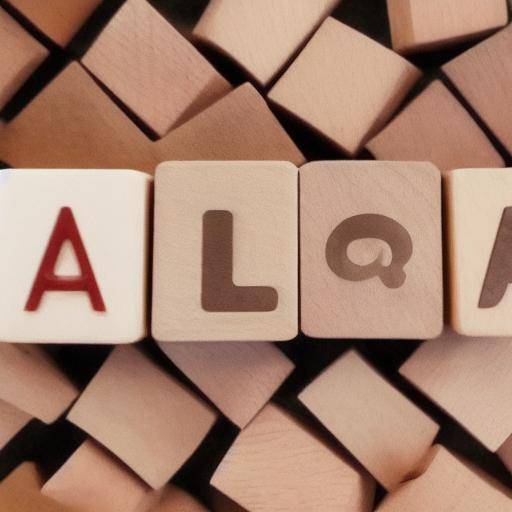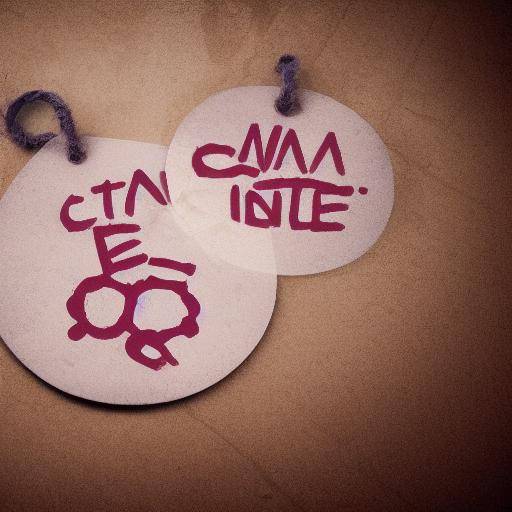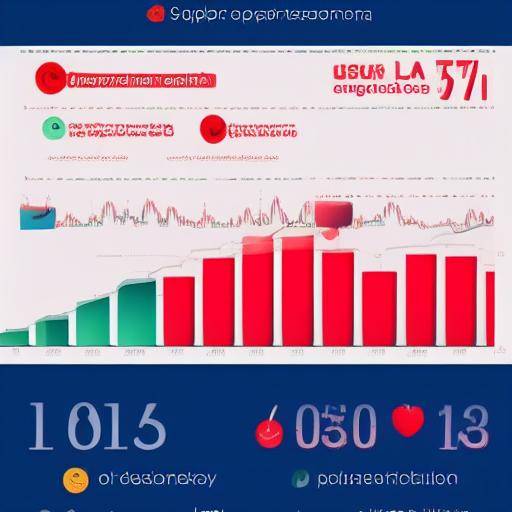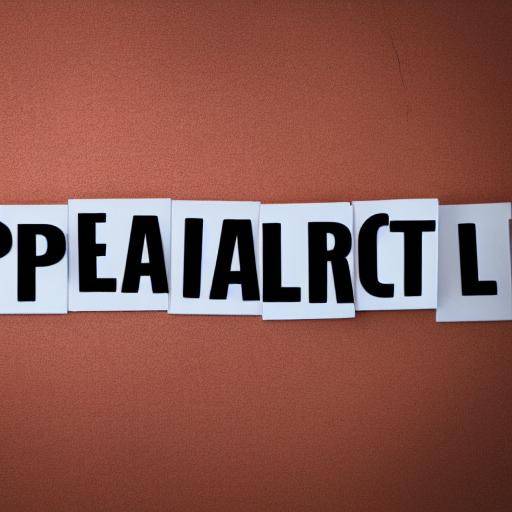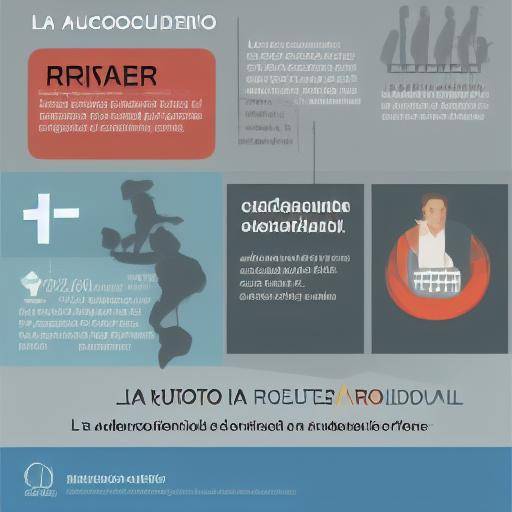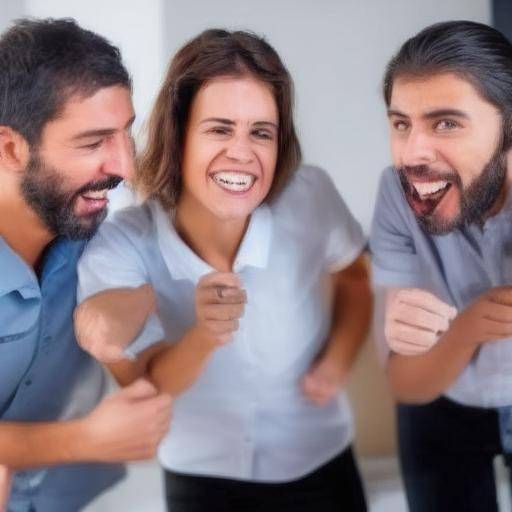
Introduction
Resilience is the ability to adapt positively to adversities, stress, betrayal, and other forms of adversity. Building resilience is crucial to maintaining healthy personal boundaries and promoting emotional well-being. In this article, we will explore the importance of resilience, how to establish effective personal limits and their connection to emotional well-being. We will discover practical strategies, case studies and expert advice to cultivate resilience, establish personal limits and improve emotional well-being.
Resilience: Foundations and Evolution
Resilience has been a topic of interest for decades, highlighting its importance in managing stress and adversity. From its origin in psychology to its applications in different areas, resilience has evolved significantly over time. Understanding their historical background gives us a deeper view of their significance and importance in contemporary society.
Resilience Benefits and Challenges
Resilience brings many benefits, from improved stress management to greater capacity to overcome challenges. However, there are challenges to consider, such as the development of resilience in unfavourable environments or its application in extreme situations. Analyzing both benefits and challenges gives us a clearer view of their impact and relevance in everyday life.
Strategies to Develop Resilience
There are effective strategies to develop resilience, such as strengthening self-esteem, seeking social support and fostering the optimistic mentality. These strategies have proven to be critical to cultivating resilience in individuals and communities. Discovering and understanding these strategies is crucial to developing our own resilience and helping others in their personal growth process.
Establish Personal Limits: Key to Resilience
Establishing personal limits is essential to preserving mental and emotional health. Through the setting of clear limits, people can protect themselves from excessive stress, manipulation and emotional exhaustion. The connection between establishing personal limits and resilience is evident, as a person who knows their limits can more effectively face adversities.
Emotional Welfare: A Resilience and Personal Limits Outcome
Emotional well-being is the state in which people are aware of their emotions, manage them effectively and enjoy life in general. Resilience and establishing personal boundaries contribute significantly to emotional well-being by allowing people to manage stress, maintain healthy relationships and promote a positive attitude towards life.
Future Councils and Actions for the Development of Resilience and the Establishment of Personal Limits
We will offer practical advice to build resilience and establish healthy personal boundaries. These tips will range from coping techniques to assertive communication, providing readers with tangible tools to improve their adaptation capacity and maintain effective personal limits.
Conclusion
Resilience, establishing personal boundaries and emotional well-being are intrinsically related. By understanding the importance of resilience and personal limits, as well as strategies for their development, individuals can improve their ability to face challenges and maintain a healthy emotional balance. Applying these knowledge in everyday life is essential to strengthen our resilience, maintain effective personal limits and promote emotional well-being both in the personal and professional spheres.
FAQs
What is resilience and why is it important?
Resilience is the ability to adapt positively to adversity, stress and difficult situations. It is fundamental because it allows us to face challenges, overcome trauma and recover from them.
How can I develop resilience in my daily life?
To develop resilience in everyday life, it is crucial to strengthen self-esteem, seek support from friends and family, foster a positive mentality and practice problem solving.
What role do personal limits play in resilience?
Establishing clear personal boundaries is fundamental to preserving mental and emotional health, which in turn contributes to strengthening resilience.
What impact does the establishment of personal limits have on emotional well-being?
The establishment of personal limits contributes significantly to emotional well-being by allowing people to manage stress, maintain healthy relationships and promote a positive attitude towards life.
What are some effective strategies to establish healthy personal boundaries?
Some effective strategies include clear and assertive communication, self-care, learning to say "no" when necessary and seeking support when necessary.
How can I maintain my emotional well-being in difficult situations?
To maintain emotional well-being in difficult situations it is important to seek emotional support, practice self-compassion, maintain a positive attitude and take care of our emotional needs.
In conclusion, resilience, personal boundaries and emotional well-being are intrinsically connected. Learning to develop resilience, establish effective personal boundaries and promote emotional well-being, people can improve their ability to face challenges and maintain a healthy emotional balance in their lives.


